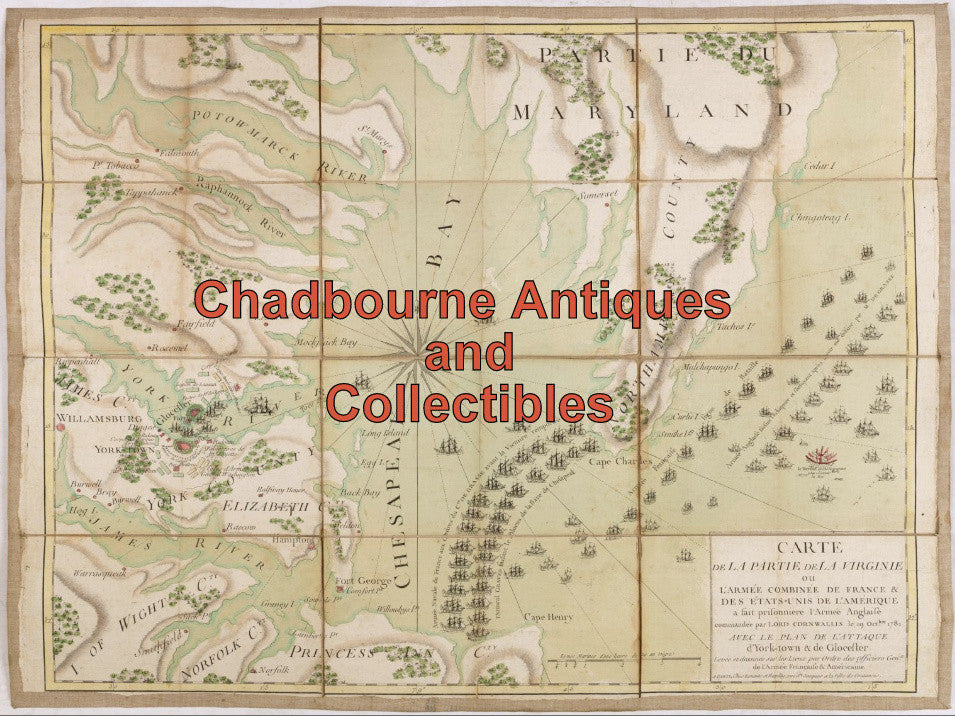$100.00 CAD
| /
Black Americana minstrel pamphlet from early 20th century. Play with African-American characters delivering dialogue with strereotypical pronunciations.
For example, the first line of play, given by Mr. Hambone Johnsing is: “Ladies and Gentlemen I has great joy dis evenin’ in introjucin’ to yo’ notice de celebrated Professor Macaroni Hoodoo, of de Hawaiian Islands in Europe, who has pufformed his celebrated feat throughout all de known and de unknown world…”
8 pages.
Paper is crinkled. Smudge front cover. Light water stain bottom pages.
18 x 12.5 cm // 7 x 4 ⅞”
I do not support the sentiments expressed in this document. I offer it as a testament of the culture of those times.
Mary Moncure Parker was a born entertainer. With a gift for writing humorist monologues she knew how to impersonate characters and read her stories with dramatic flair.
…Mary was highly influenced by these family ties and found she was able to produce original plays and monologues featuring various dialects in prose and verse that delighted her audiences.
Mary became a prominent club woman who identified with Chicago and New York theatrical circles. Her popularity as a 20th century society entertainer, known as much for her smart and becoming costumes as for her humorous original skits, grew as her work began to appear in print for the general public and was adapted to musical readings. Many of Mrs. Parker’s monologues and stories were published by the Frederick Drake Company and the T.S. Denison Company of Chicago.
Under the management of Broadway producer, Gustave Frohman, this playwright and author would go on to become a national celebrity after making the decision to tour the country in vaudeville. Another review from the Chicago Tribune referred to her as “a clever curtain raiser.” The Chicago Press Club noted Mrs. Parker’s stories were not only funny but that every one of them had a “wholesome point, food for thought, they are sugar-coated and good for everyone.
Marianne Wolf-Astrauskas
